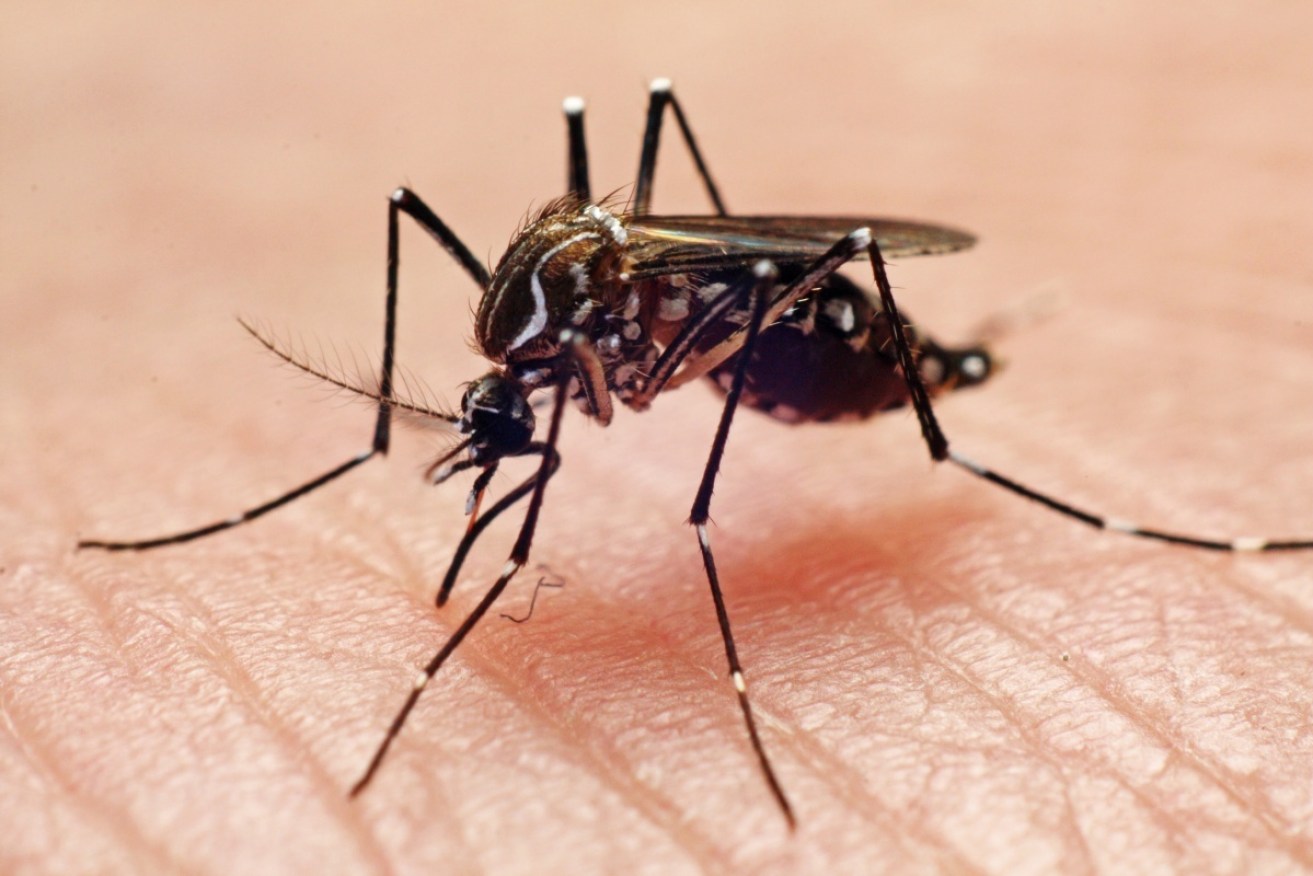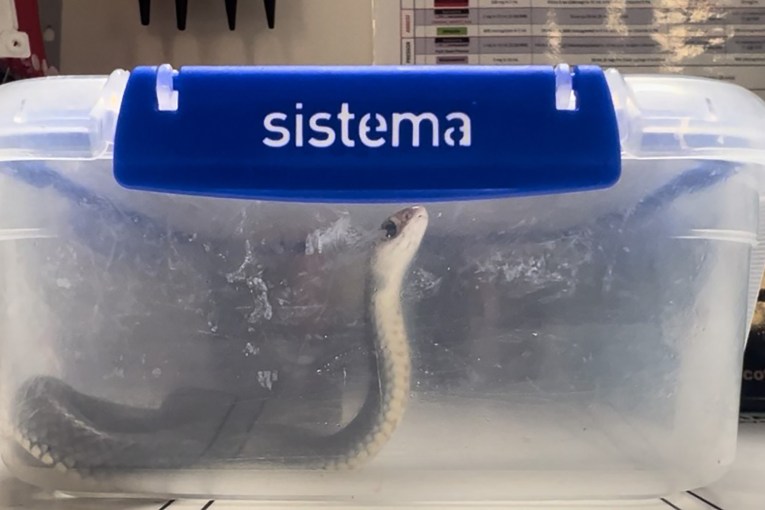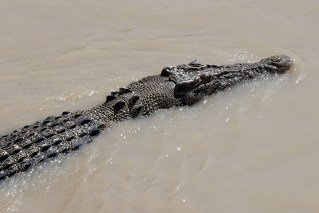Mosquito trial takes a bite out of disease spreaders

The Aedes aegypti mosquito spreads diseases such as dengue fever and zika. Photo: Getty
A CSIRO experiment has managed to wipe out more than 80 per cent of a dengue fever-spreading mosquito near a far north Queensland town.
The CSIRO released more than three million sterile male Aedes aegypti mosquitoes in small towns near Innisfail last summer, and the females they mated with laid sterile eggs.
The researchers drove around the towns in van that used GPS sensors to release mosquitoes at certain intervals to get even coverage of the male mosquitoes across the area.
CSIRO research director Paul De Barro said the team partnered with James Cook University and tech company Verily for the “Debug Innisfail” project.
“We created a population of mosquitoes that had within them a naturally occurring bacterium called wolbachia,” he said.
“What we were doing is releasing only males that had this wolbachia, and they would cross with mosquitoes in the field, the wild mosquitoes that didn’t have that same strain of wolbachia, and as a result the wild females would only lay sterile eggs and so the population would crash.”
The Aedes aegypti mosquito also spreads diseases such as yellow fever, zika virus and chikungunya, making hundreds of millions of people sick in more than 120 countries each year.
Dr De Barro said the results of the experiment were promising for efforts to eradicate disease-carrying mosquitoes from urban areas.
“I certainly think with technology like this, and as it evolves over time, we will be in a situation where we could view a future Australia that didn’t have this mosquito,” he said.
“What we’ve demonstrated is the technology does work to at least suppressing.
“What Verily wants to do now is it wants to trial the technology in a location which has a large dengue problem.”
Dr De Barro said the trial sites near Innisfail were perfect for the experiment.
“You have a number of small towns surrounded by sugar cane, so they become little isolated, experimental patches,” he said.
“We were therefore able to have three towns that were treated and three towns that were not treated so we could get a very good picture of how the mosquitoes responded to the release of these sterile male mosquitoes.
The CSIRO said the project would end for now in far north Queensland and Verily was planning trials overseas.
A separate Monash University trial, the World Mosquito Program (formerly Eliminate Dengue), released wolbachia-infected mosquitoes in north Queensland aimed at replacing the local Aedes aegypti population with ones that cannot transmit dengue fever.
Queensland Health credited the project with reducing locally transmitted dengue cases in Cairns.







